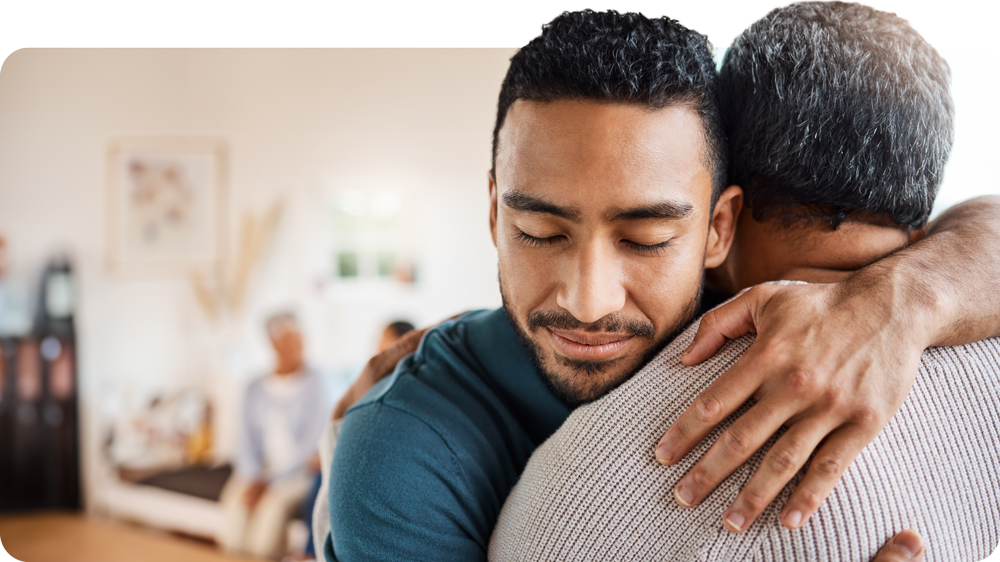How to support
It is common in our society to be taught that other people’s relationships are none of our business and to “stay out of it”. So, if you notice signs that something is wrong with someone else, you may feel like you should not get involved. However, when you are the person outside looking in, it may be clearer to you than the person involved that they may need help and support.
If you are worried a friend is being abused, or they have confided in you about their relationship, here are some things you can do to help:
- Set up a time to talk in private. Try to make sure you have privacy and visit them if possible. Their devices may be monitored, and it will be easier for them to open up one-to-one.
- Let them know you’re concerned about their safety. Be honest. Help them see that the behaviour is wrong. They may not respond right away and maybe defensive or deny the behaviour is abuse. Just let them know that you are there to help and support them whenever they are ready.
- Listen. Let them talk and listen to what they say and take care not to blame them. Give them time to talk, but don’t push them to talk if they don’t want to.
- Acknowledge it takes strength to talk to someone about experiencing abuse.
- Be supportive. Tell them nobody deserves to be hurt or controlled, despite what the abuser has said. Reassure them that you and others are there for them and they are not alone. Offer practical solutions if you are able to, such as a safe place to stay, transportation or help to look after any children pets are involved.
- Don’t place shame, blame, or guilt. Don’t say, “You just need to leave.” Support them and try to understand how they are feeling. It’s often not that simple – encourage them to express their feelings and allow them to make their own decisions.
- If they decide to stay, continue to be supportive. Don’t tell them to leave the relationship if they’re not ready – that’s their decision. It may be hard for you to understand, but people stay in abusive relationships for many reasons. It’s just important for them to know you are there for them for whatever they need.
- Help them make a safety plan. Safety planning might include packing important items such as key documents, money, and essentials. It might also include agreeing on a place to meet them if they have to leave in a hurry.
- Be there for them in person. If they have been subjected to physical harm, offer to go with them to a hospital or GP and document the injuries if it’s safe to do so.
- Help them report the assault to the police if they choose to
- Encourage them to talk to someone who can help. Be ready to provide information on organisations that offer help for people experiencing domestic abuse.
When approaching the situation with your friend, colleague, or family member, it is essential you do not offer judgment and be prepared to listen to and accept whatever you hear. Bear in mind a lot of the person’s control may have been taken away by their abuser, it’s important to restore their own agency and give some control back to them.
Get in touch
If you are concerned for yourself or someone else, our local, confidential helpline will advise anyone seeking help with domestic abuse. This includes relatives, friends and work colleagues as well as those who are causing harm.
Speak to us on 0800 69 49 999. Our phone line is available 8am to 8pm, 7 days a week.

